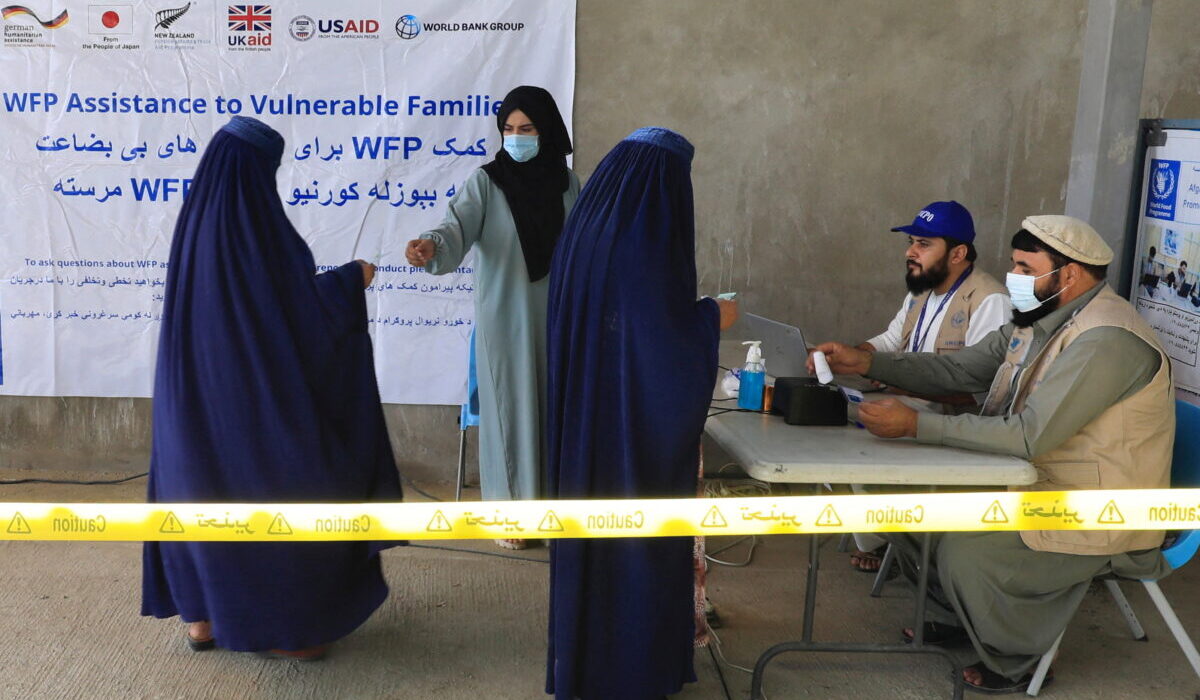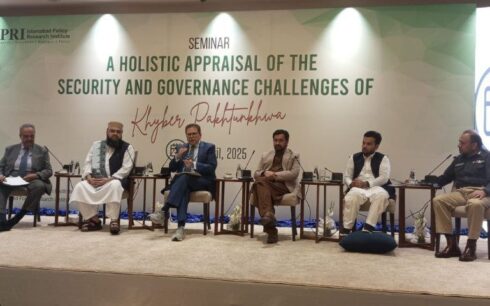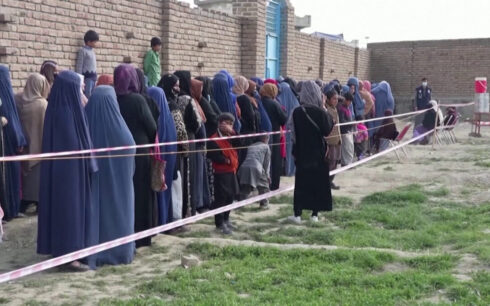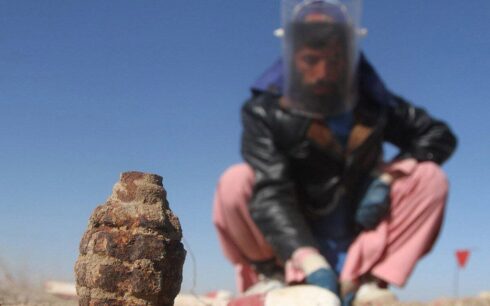KABUL, Afghanistan — Taliban interference and access-related restrictions disrupted humanitarian operations across Afghanistan last month, leading to the suspension of 56 aid projects, according to the UN Office for the Coordination of Humanitarian Affairs (OCHA).
In its January 2025 report, OCHA documented 127 humanitarian access incidents, with the Taliban—referred to as the “de facto authorities”—responsible for 83 percent of them. While this figure represents a 17 percent decrease compared to the same period last year and a 14 percent decline from the previous month, the restrictions significantly impacted humanitarian assistance to vulnerable populations.
Of the 56 suspended projects, some were halted for as little as a day, while others remained inactive for up to a month. Nearly half of these projects (48 percent) were still suspended as of February, severely affecting aid delivery.
Interference in humanitarian efforts
The primary obstacle to humanitarian work in January was Taliban interference, with 87 documented incidents—a slight drop from 136 incidents reported the previous month, OCHA said.
These interferences took multiple forms, including restrictions on programming (40 incidents), demands for staff lists and sensitive data (25 incidents), bans on female humanitarian workers (13 incidents), interference in staff recruitment (5 incidents), delays in signing memorandums of understanding (MoUs) (2 incidents), interference in beneficiary selection (1 incident), and disruptions to procurement processes (1 incident).
As a result of these incidents, 26 humanitarian projects were suspended, with 22 still inactive as of February.
Weather and security challenges
According to OCHA, severe winter conditions, including heavy snowfall and rainfall, led to at least 15 additional access-related challenges, up from three in December 2024. These weather-related obstacles further hampered aid efforts for at least two days in multiple regions.
Beyond environmental challenges, the operational environment became increasingly dangerous for humanitarian personnel. In January, 34 humanitarian workers—including nine women—were arrested or detained, marking a 161 percent increase compared to the previous month.
According to OCHA, the Taliban’s Department for the Propagation of Virtue and the Prevention of Vice was responsible for five detentions, the General Directorate of Intelligence for two, and the police for one. As of early February, 15 aid workers remained in Taliban custody.
New Taliban directives
OCHA said that in addition to direct interference, Taliban authorities issued 12 directives in January that significantly affected humanitarian operations.
Most of these reinforced existing regulations and were issued by Taliban directorate of economy (8 directives), Taliban directorate of Public Health (1 directive), Taliban provincial governor’s office (1 directive), Taliban department of agriculture (1 directive), and Taliban department of finance (1 directive).
Despite ongoing access challenges, humanitarian organizations continue to navigate complex restrictions to deliver aid to Afghanistan’s most vulnerable communities. However, OCHA warned that further disruptions could worsen an already dire humanitarian crisis.





